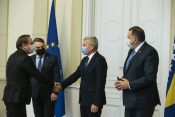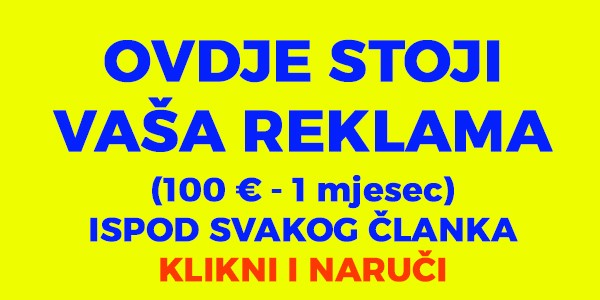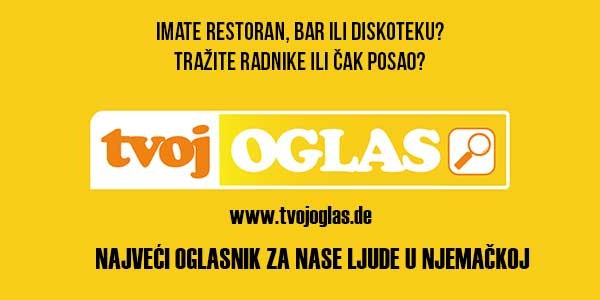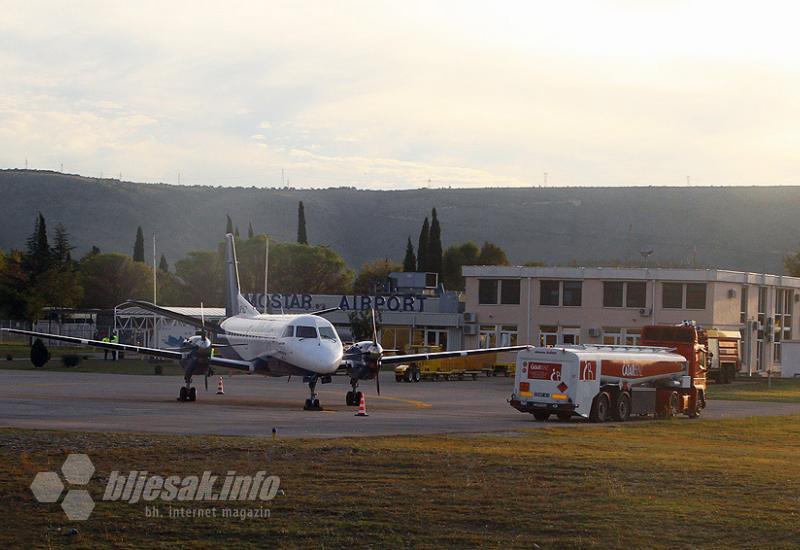
The European Union considers the recent session where the parliament of Bosnia’s Republika Srpska (RS) entity supported an initiative to unilaterally pull out of numerous state institutions “an escalatory step and a dead-end path,” EU Spokesperson, Peter Stano, told N1 after local media published parts of a report the EU Special Representative allegedly wrote for Brussels.
BiH media published the content of the report Johann Sattler allegedly wrote following the visit of EU Enlargement Commissioner, Oliver Varhelyi, to BiH in late November.
Varhelyi met with political leaders and authorities in the country to discuss the ongoing political crisis in the country. In addition to the details of an agreement that defined a way out of the current crisis, the alleged report labelled the former High Representative overseeing the civilian implementation of the Dayton Peace Agreement in BiH, Austrian diplomat Valentin Inzko, as the main culprit for the current situation.
“A fragile political package agreement seemed to have been reached, which would not only halt the implementation of policies for the unilateral withdrawal of the RS from State Institutions, but also de-block BiH state-decision-making bodies in order to continue work on EU reforms,” it said.
As for the controversial session of the RS National Assembly (RSNA) that took place on December 10, the document reads that the Commissioner clarified that the session “would indeed take place but that the moratorium to pass legislation on the unilateral withdrawal from State Institutions would be announced for a 6-month period.”
N1 asked for a comment regarding the alleged report.
“The EU’s position with regard to the RSNA session held on 10 December 2021 was clearly articulated in statements by Commissioner Varhelyi while visiting Bosnia and Herzegovina. As underlined by the Commissioner to the media, dismantling State institutions would take Bosnia and Herzegovina further away from alignment with the EU acquis and would put the EU path on hold. It would also have a negative impact on business and, most importantly on the citizens of BiH. This view was reaffirmed in a joint Quint-EU statement issued on 10 December, where we very clearly stressed that the RSNA conclusions are an escalatory step and a dead end path,” Stano said in a written response for N1.
“The EU is unequivocally committed to the territorial integrity and sovereignty of Bosnia and Herzegovina, the country’s clear and credible European perspective, as well as facilitating dialogue and a resolution to the current political crisis. Any claims to the contrary do not stand up to scrutiny,” he added.
“We never comment on media reports about alleged internal documents of the EU. In general, I can only state that reporting by the embassies/delegations to the headquarters about internal developments in the host country, meetings or visits is a natural and integral part of everyday diplomatic job and is done regularly,” he said.














GIPHY App Key not set. Please check settings